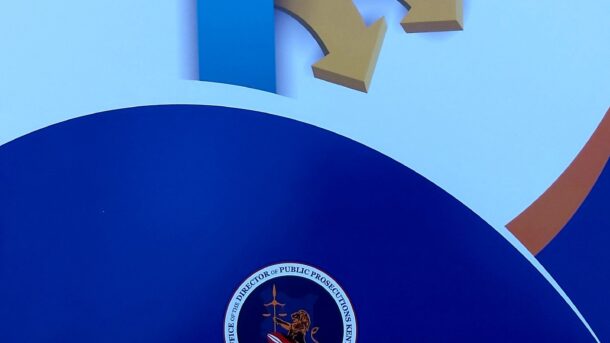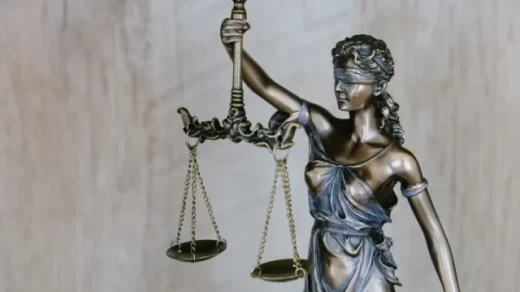In Kenya’s commitment to a justice system that prioritizes rehabilitation and individualized approaches, the range of diversion options is expansive.
This article explores the diverse paths available for diversion, emphasizing the discretionary role of Public Prosecutors in selecting and tailoring options to meet the unique needs of each case.
Comprehensive Array of Diversion Options
Simple Apology
- Nature: A straightforward expression of remorse and apology from the offender.
- Rationale: Recognizing the potential for genuine remorse, this option emphasizes the restoration of relationships and acknowledgment of wrongdoing.
Restitution
- Nature: Offenders may be required to compensate victims for damages or losses incurred.
- Rationale: Restitution aims to address the tangible harm caused by the offense, fostering accountability and providing direct benefits to victims.
Therapeutic Programs
- Nature: Participation in therapeutic programs addressing underlying issues such as substance abuse, anger management, or mental health.
- Rationale: Tailored interventions that aim to address the root causes of offending behavior, promoting rehabilitation and reducing the risk of reoffending.
Supervision
- Nature: Offenders may be placed under supervision, involving regular check-ins and monitoring by authorities.
- Rationale: Supervision ensures a level of accountability and support, promoting compliance with diversion requirements.
Combination of Options
- Nature: Public Prosecutors have the discretion to combine various diversion options to create a customized approach.
- Rationale: Recognizing the multifaceted nature of offenses and offenders, combining options allows for a tailored and comprehensive strategy for rehabilitation.
Consultation with Program Providers
- Nature: Public Prosecutors may consult with program providers to inform their decision on the most suitable diversion options.
- Rationale: Expert input ensures that diversion options are informed by best practices, evidence-based approaches, and a nuanced understanding of rehabilitation strategies.
Individualized Decision-Making
Discretion of Public Prosecutors
Public Prosecutors exercise discretion in selecting the most appropriate diversion options for each case.
- Rationale: This discretionary approach recognizes the uniqueness of each case, allowing for a tailored response that addresses the specific circumstances of the offender and the nature of the offense.
Responsive to Diversity:
The array of diversion options reflects a commitment to diversity in responses, acknowledging that rehabilitation strategies should be responsive to the individual needs of offenders.
Conclusion
Kenya’s approach to diversion underscores the flexibility and diversity of options available for rehabilitating offenders. By recognizing the discretionary role of Public Prosecutors, consulting with program providers, and embracing a range of strategies from simple apologies to comprehensive therapeutic programs, Kenya’s justice system aims to foster rehabilitation, accountability, and a nuanced response to the diverse needs of offenders and the community. As the country continues to refine its diversion policies, the emphasis on a comprehensive array of options sets the stage for a justice system that is adaptive, compassionate, and focused on positive outcomes.




